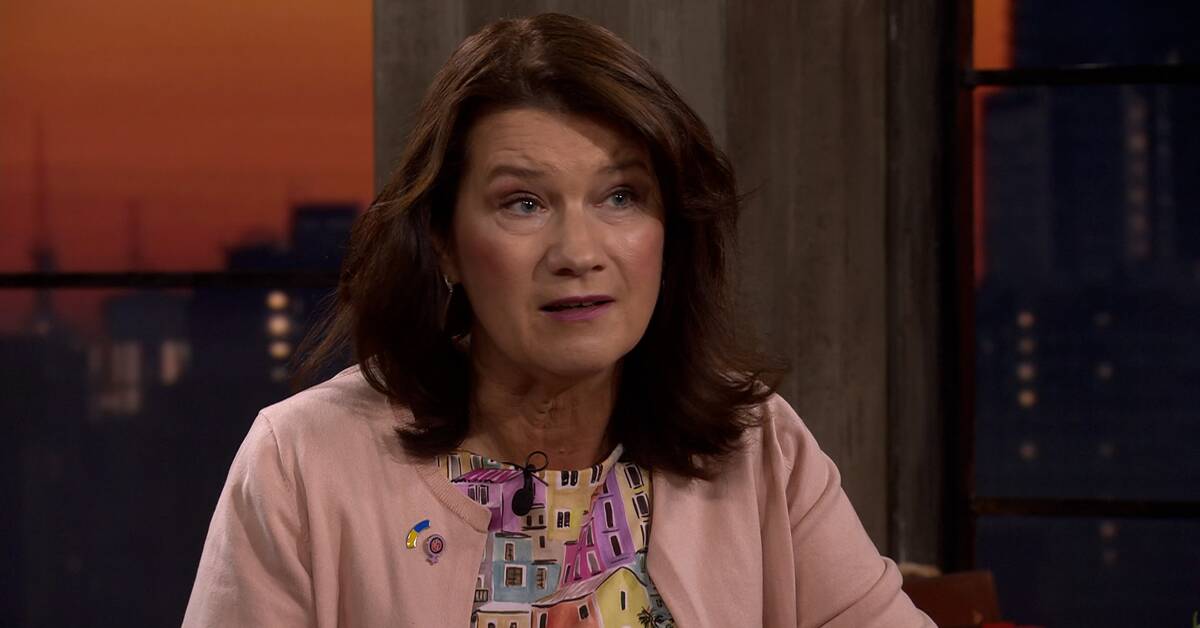It will be another term for Recep Tayyip Erdogan as Turkey's leader. This weekend he won the presidential election with 52 percent of the vote, against the opposition candidate's 48 percent.
Erdogan has periodically received very strong criticism directed at him, among other things for cracking down on the opposition, pursuing an unsustainable economic policy and being an unreliable ally of the West. Sweden's former foreign minister Ann Linde (S), who has met Erdogan on several occasions, says that different sides of his personality come to light on different occasions.
"You have to see the whole picture, otherwise it becomes so incomprehensible why so many people vote for him," she said in SVT's Foreign Office.
Turkey will choose between Russia and the EU
During the coming term of office, Erdogan has two ways to go in his relationship with the outside world, says Ann Linde. The way forward may become clearer this autumn, just in time for Turkey's 100th birthday as a republic.
"We see the close relationship they have with Russia. Russia has helped Erdogan a lot – they didn't have to pay their gas bills, they have paid a lot of a nuclear power plant. Turkey was given a lot of credit for the grain deal and Erdogan has repeatedly said that Putin is a great friend. But will it mean turning even more to it, or will he turn more to Europe?
Unclear what Erdogan's win means for Sweden's NATO membership
What Erdogan's win means for Sweden's NATO application is also so far shrouded in mystery.
I hope that it will be resolved before the Vilnius Summit. It is an advantage that Erdogan has not had problems changing his mind quickly. We have fulfilled our part of the memorandum we wrote with Turkey, but having said that, nothing can be guaranteed with regard to Erdogan.
Click on the clip to hear Ann Linde talk about what it is like to negotiate with Erdogan and see more in the Foreign Office: Turkey's last election on SVT Play.

